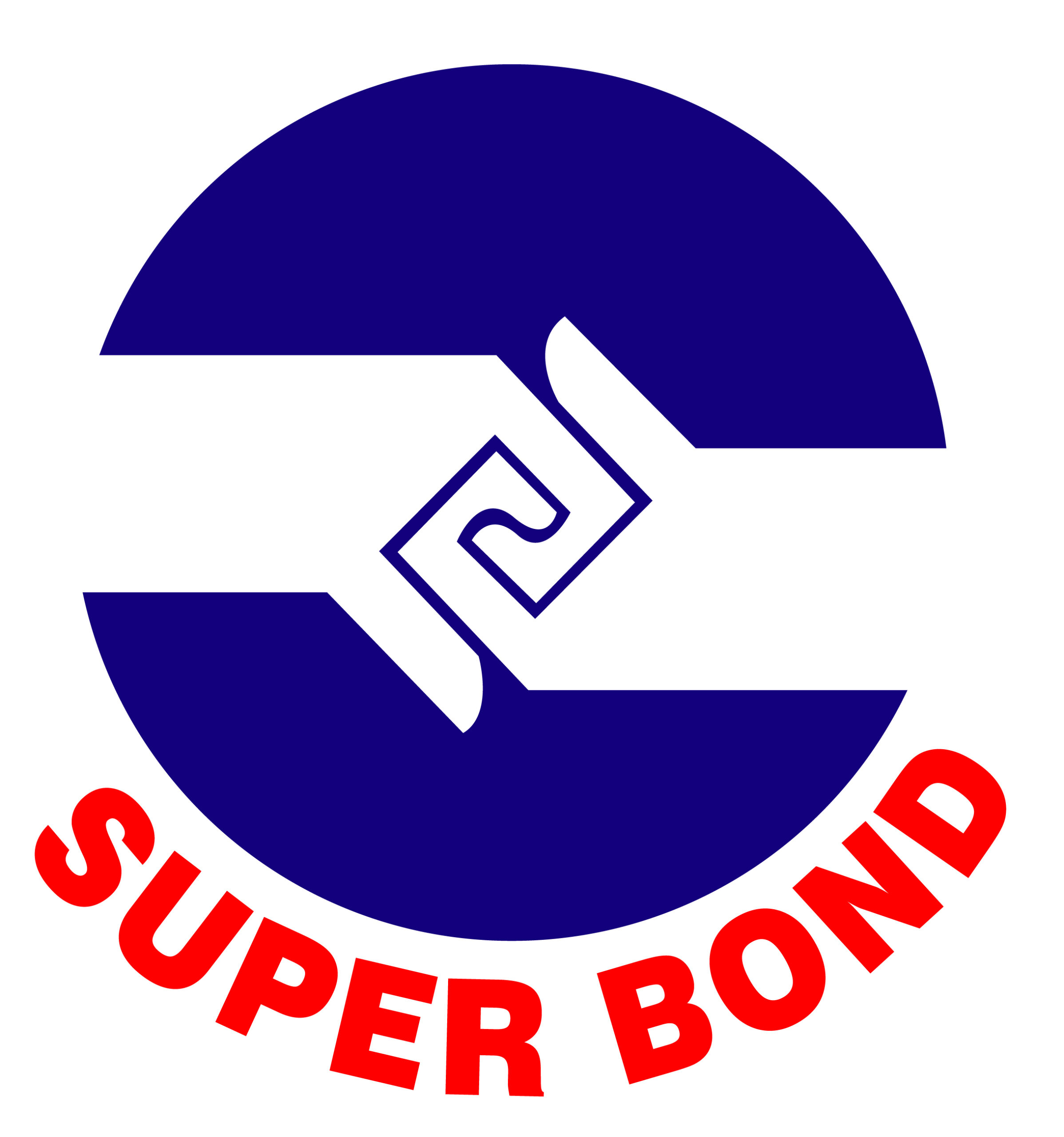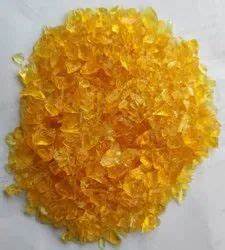Polyamides are sophisticated polymers containing repeating amide linkages (–CONH–) in their backbone structure, making them indispensable across adhesives, inks, coatings, and engineering plastics industries. Our advanced manufacturing technology produces both Reactive and Non-Reactive polyamides, each engineered for specific performance requirements.
The fundamental distinction between these two types lies in the presence or absence of free functional end groups (such as amine or carboxylic acid) capable of further chemical reactions, particularly crosslinking with other resins like epoxies or isocyanates. This structural difference determines their application versatility and performance characteristics.


